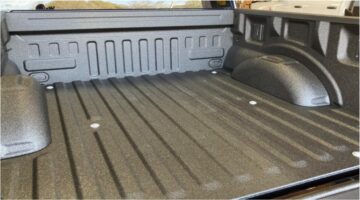If you need to store fuel, either for business purposes or for your own cars, you need to make sure you’re doing so safely. Petrol and diesel can be really dangerous substances if not stored properly, but you can minimise the risks by ensuring your storage systems and fuel tanks are up to scratch and properly maintained. Here’s a guide to storing fuel safely.
The Law
First things first, it’s vital to understand and abide by the law surrounding fuel storage – both for business or personal use. Other than properly installed and maintained outdoor tanks, storage of fuel at home or the workplace (unless specifically licensed) is restricted by law to either metal containers with a maximum capacity of 10 litres or approved plastic containers with a maximum of 5 litres capacity. These containers should be designed for the purpose of storing fuel, and must be fitted with a screw cap or closure to prevent leakage of liquid or vapour. Petrol and diesel fuel should be stored in no more than two 10 litre metal containers or two 5 litre plastic containers, and they should be clearly labeled as to their contents – accidents can happen when, for instance, cooking oil drums have been used to store petrol. Petrol filling stations operate under license conditions, which do not allow drivers to dispense fuel into other types of container – if a garage owner says it’s okay for you to fill another type of container, walk away. If you’re storing diesel for vans, buses, or other commercial vehicles made after 2005 you should also make sure you’re storing AdBlue – as by law all commercial vehicles built after this time will have been equipped with selective catalytic reduction and will require it.
Safety Precautions
Petroleum vapour can cause irritation of the eyes, nose and throat, and exposure to high concentrations – particularly in confined spaces – can cause dizziness and unconsciousness. Most importantly, do not swallow petrol or diesel or attempt to use the mouth to siphon it, under any circumstances. This can result in it entering the lungs or stomach, which can be fatal. You should also never decant petrol or diesel in an enclosed space, as fumes can fill that space very quickly. A spark or naked flame can then cause ignition – and an explosion and fireball. Just turning a light switch on in a closed garage filled with petrol fumes can be enough to cause disaster. Be careful and properly store your fuel though, and you can avoid accidents.









